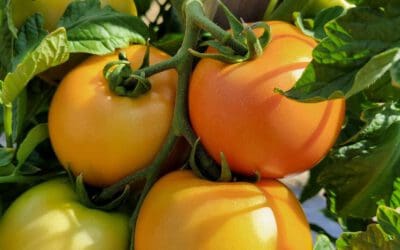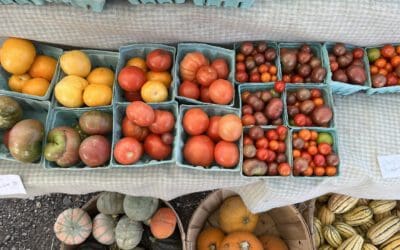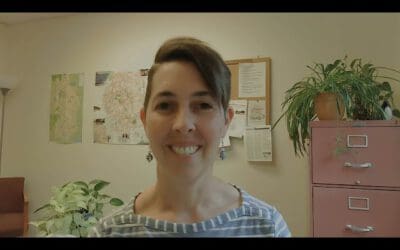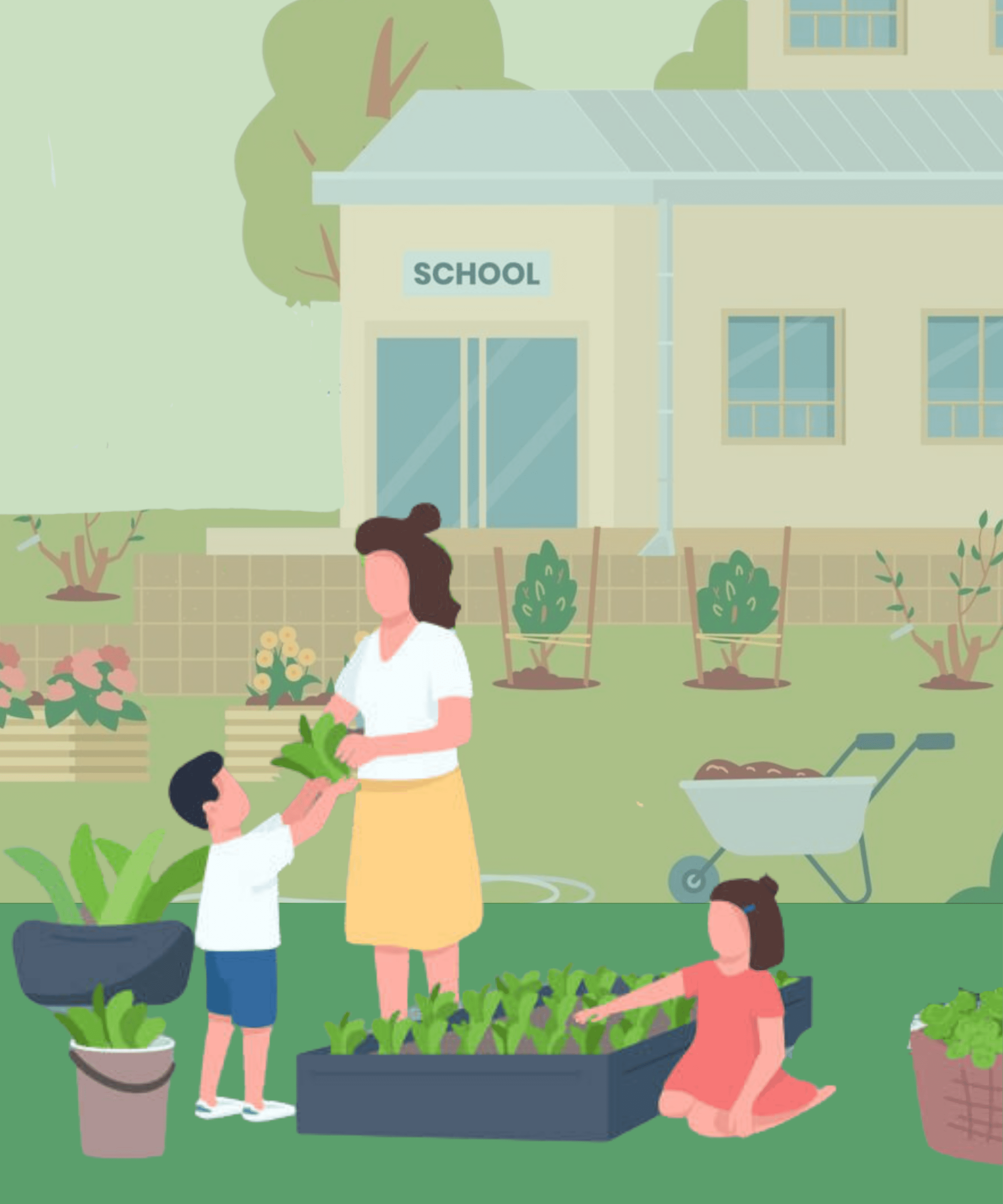
Integrate Agriculture & Climate Resilience
Integrate local food, agriculture, and climate resilience into city, school, community planning and economic development strategies
The Big Why
Municipal and educational systems, as well as the planning and development strategies they initiate and implement, give rise to the structure, form, and the future of communities. To engender a strong and mutually beneficial food system for all means that local food and agriculture must be considered in community, institutional, and system-wide strategies. With increasing climate instability, including more frequent natural disasters and food supply chain disruptions, it is also imperative to lift up and integrate climate resilience into community planning efforts, particularly as it relates to the ability to continue to produce and procure food for the region. Furthermore, the future of local agriculture depends on young people engaging with their source of food as a means to nourish their bodies, cultivate a deeper appreciation and understanding of the process of growing food, and foster an appreciation and enjoyment of fresh fruits and vegetables.

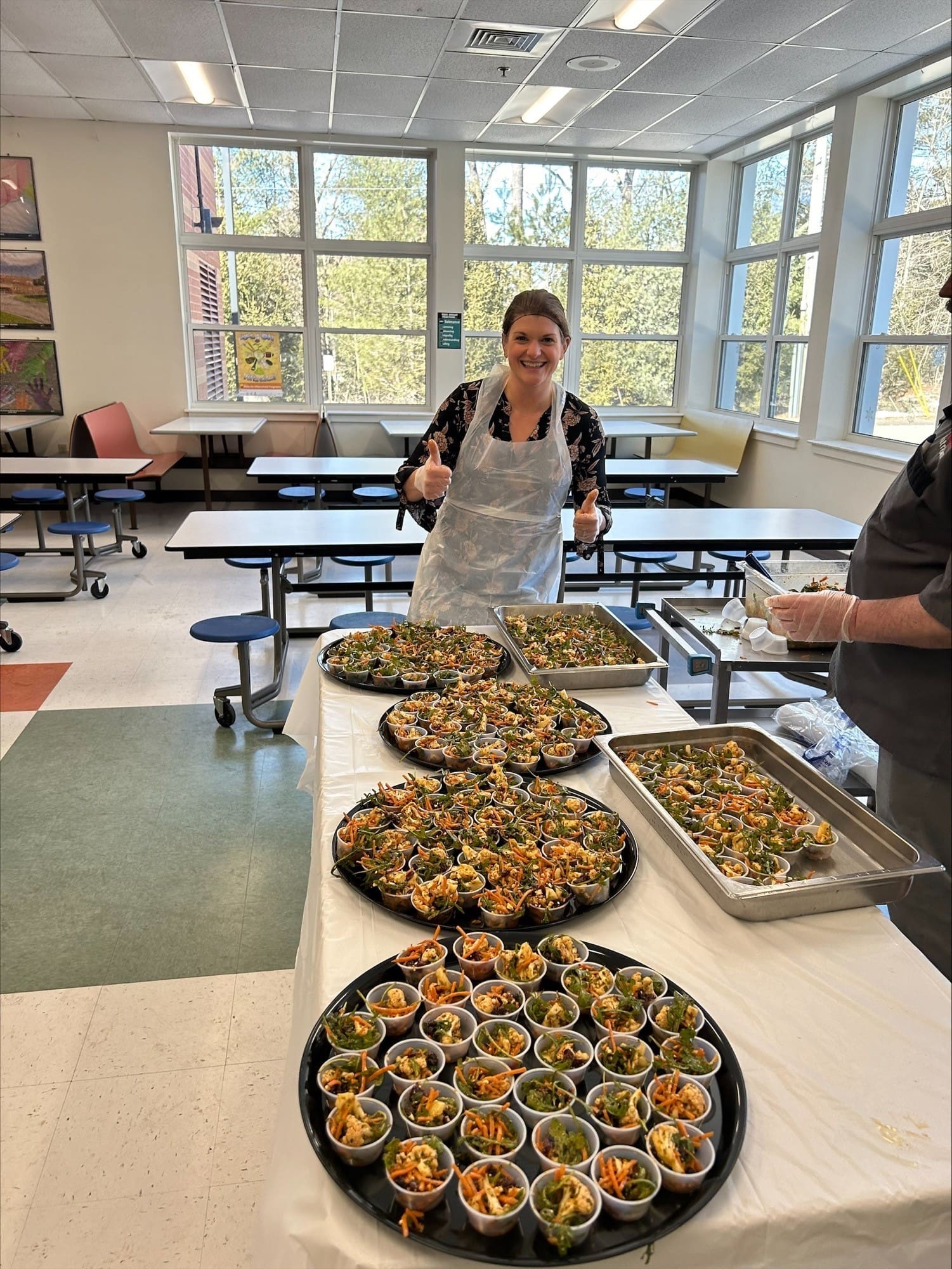
Other key milestones in food and farming were made in Auburn helping to strengthen the region’s local food system. Following 8 years of an energized and sometimes fraught public and municipal process to update the City of Auburn’s unique Agriculture and Resource Protection AGRP zone, long debated changes were finally implemented in the summer of 2023. The compromise allowed for continued protection of approximately 40% of Auburn’s land mass (20,000 acres) from encroaching development pressures amidst the ongoing housing crisis. The original intent of the AGRP was to limit public costs for providing services, contain development to downtown and along major roadways, and to encourage agricultural, timber, and natural resource protection and uses. With a percentage of farms across Maine having been identified as contaminated with PFAS—more than 60 as of Spring of 2024—ensuring viable, contaminant-free farmland remains undeveloped is not only critical to the region’s food system but to the state as well. This AGRP outcome would not have been achieved had it not been for thoughtful advocacy and engagement undertaken to ensure farmers and other stakeholders were involved in the planning and decision-making related to Auburn’s farmland policy. These efforts helped to foster greater awareness and movement around the protection of Auburn’s vital agricultural farmlands. More opportunity remains to continue to build awareness and center the importance of the region’s agricultural potential and vital resources.
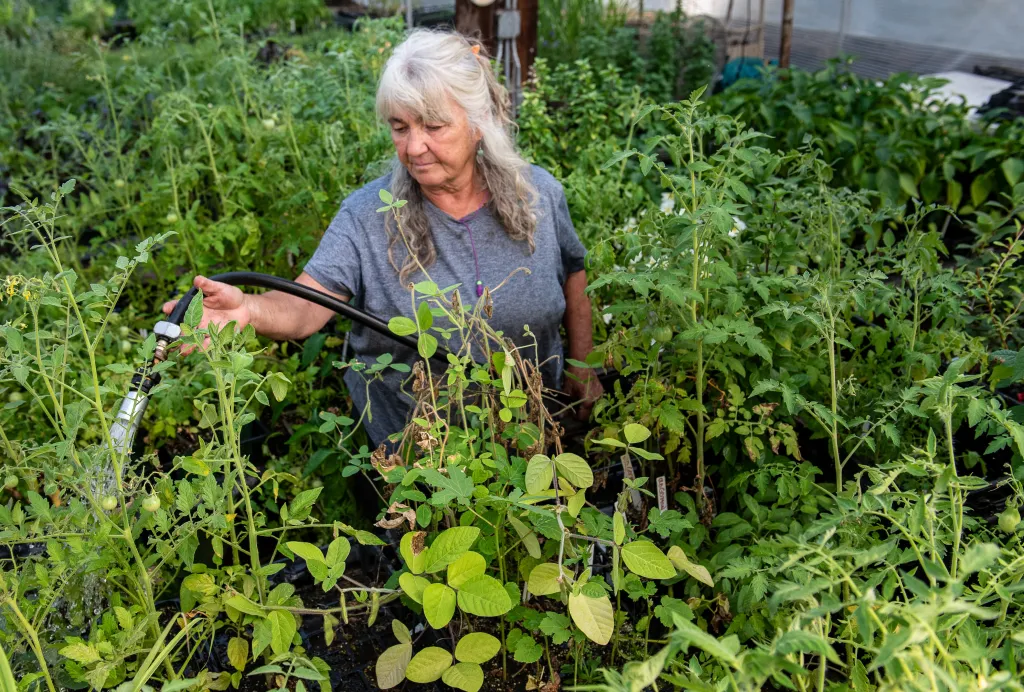
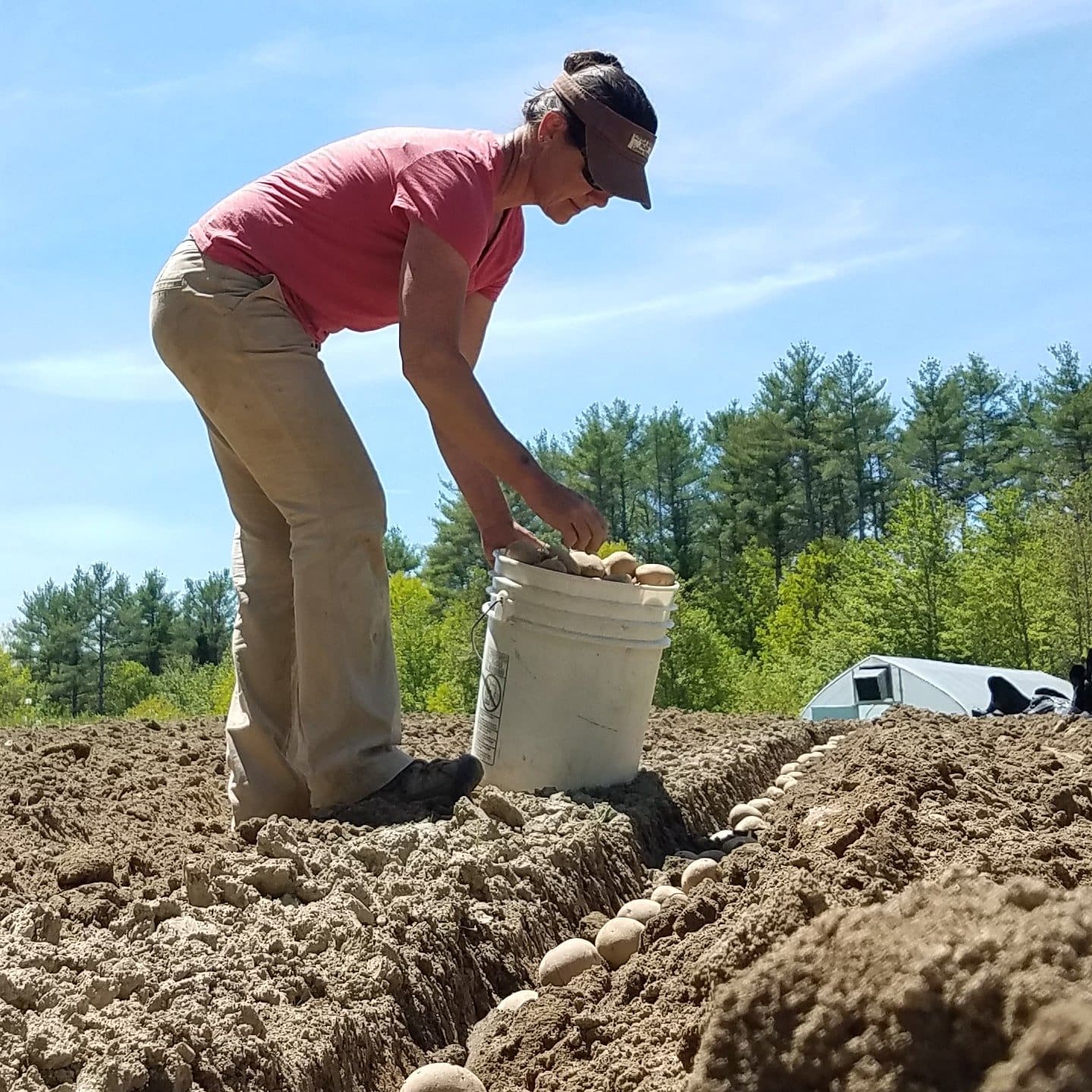
Similarly, robust energy, effort, and care has gone into fostering a culture of developing systems and structures to support healthier eating and deeper connection to fresh, grown and prepared food for children across Auburn and Lewiston schools. All of Lewiston’s and 5 Auburn elementary schools receive federal financial assistance to help children from low-income families through the Title 1 program and nearly 30% of Lewiston students are English Language Learners. This not only highlights a critical need of the community but also an opportunity to introduce fresh, healthy local, and culturally preferred foods through school lunches. In 2024, Full Plates Full Potential awarded the Auburn School District funds for a School-Based Food Hub that will establish a collaborative, regional, school food processing and distribution hub in the Lewiston Auburn area. This hub will increase the schools’ capacity to purchase in and prepare raw fruits and vegetables from local farmers and transform them into fresh cooked meals. Beyond the cafeteria, children at Lewiston schools have had key opportunities to learn about, prepare, and enjoy food they have grown themselves.
For the past 12 years, the Nutrition Center has been partnering with schools and FoodCorps to build sustainable garden and nutrition education programs with the goal of reaching every child in Lewiston schools. Five learning gardens have been created across 4 elementary schools and 1 middle school helping to foster thousands of hours of garden and cooking education for children. Similarly, Healthy Androscoggin offers a number of supports and direct education opportunities to schools in Auburn and Lewiston and across Androscoggin County. Programs include a series-based curriculum by staff tailored to each grade level including activities such as discovery of new food, learning about a new seasonal fruit or vegetable in the early grades and participating in a cooking series in the older grades.
Schools play a vital role in food access for children and in their food experiences, growth, and long-term outcomes. School-based local food and nutrition work is new to this most recent iteration of the Local Foods Action Plan Lewiston Auburn but was a natural fit given the milestones achieved, opportunities and work on the horizon, and the important role schools play in both food security and connecting young people to local food. Leads participating in the work will be able to continue to develop and deepen connections through regular convenings and explore future collaborations to strengthen their impact.
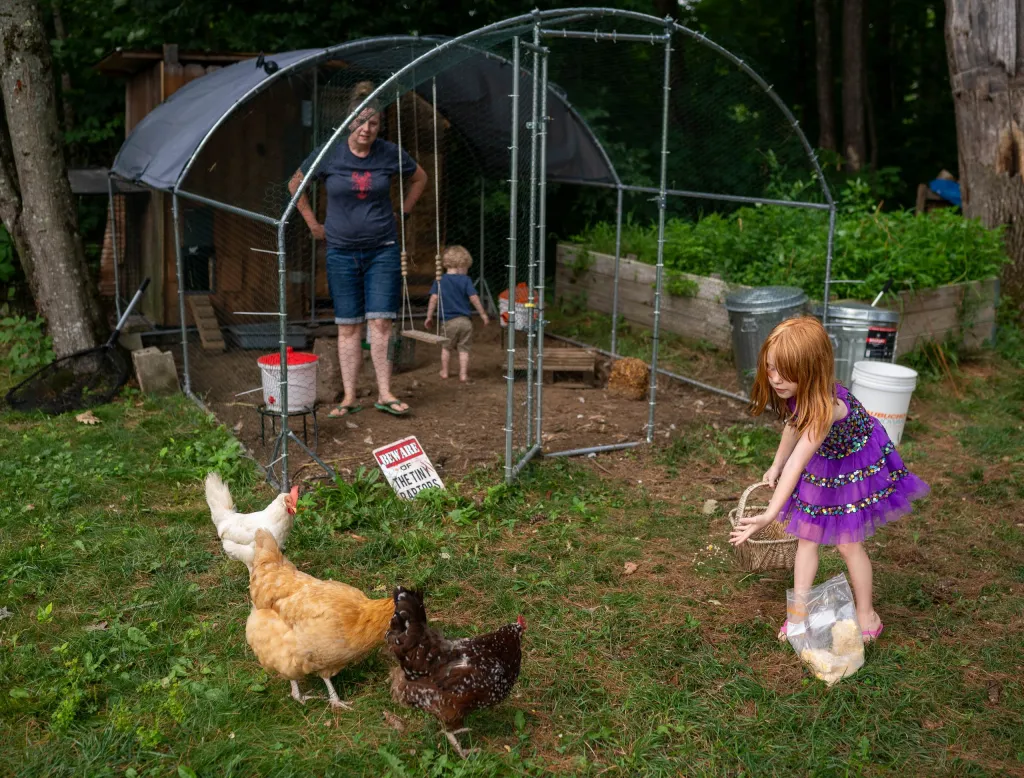
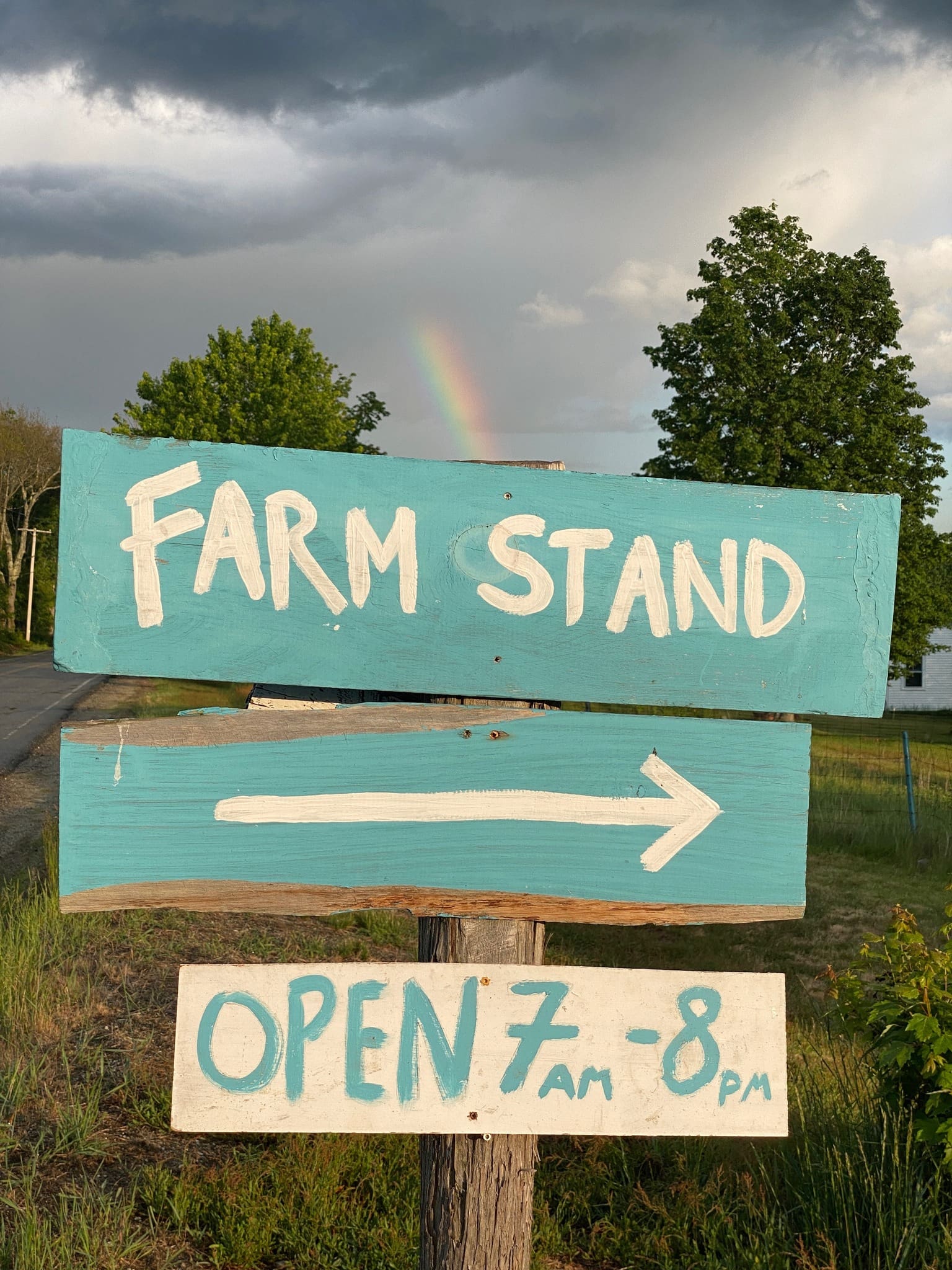
The Actions We Will Take
This goal is active and progress is being made towards achieving it.
This action is appearing in our plan for the first time, it just sprouted.
This action is appearing in our plan for the first time, it just sprouted.
This action is appearing in our plan for the first time, it just sprouted.
This action is appearing in our plan for the first time, it just sprouted.
This action is appearing in our plan for the first time, it just sprouted.
This action is appearing in our plan for the first time, it just sprouted.
This action is appearing in our plan for the first time, it just sprouted.
Finding Hope & Resilience During Turbulent Times
Visions for a Thriving Resilient Food System for Lewiston Auburn
Over the course of the plan being updated, partners, stakeholders, and community members were invited to share their vision for a Thriving, Resilient Food System in Lewiston-Auburn. The visions shared by our community include: Lewiston Auburn has a resilient, robust...
Improving City Rules that Support Urban Agriculture
Shelley Norton, of the Good Food Council of Lewiston-Auburn (GFCLA) and Androscoggin Valley Council of Governments (AVCOG), shares about work GFCLA has been doing to advance the community-driven goals and actions in the Local Foods, Local Places Action Plan for...
